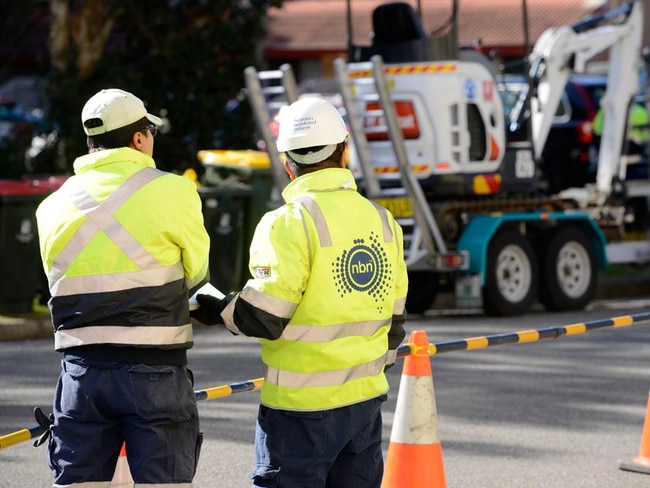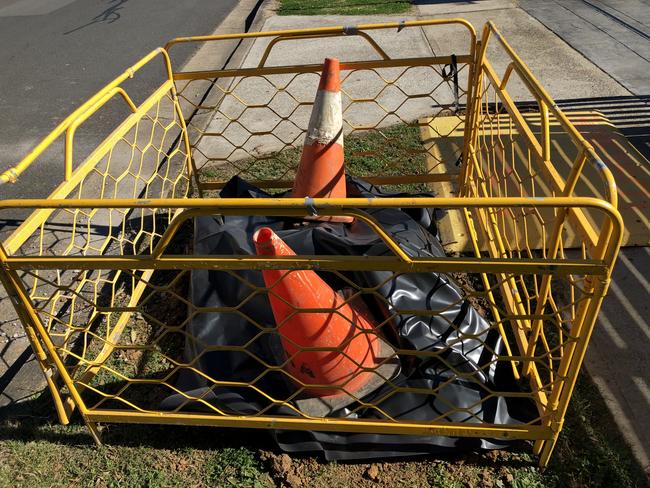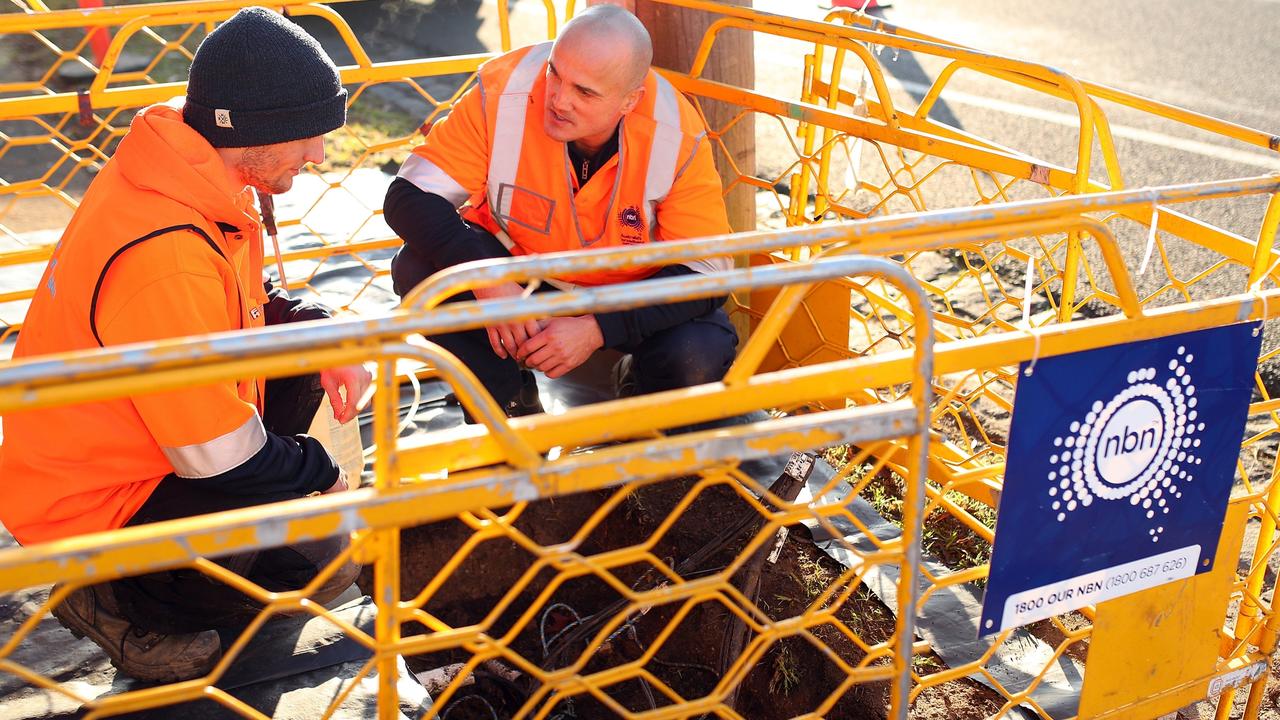NBN Co reveals almost 1 in 20 premises are ‘not ready’ with work to go ‘beyond 2020’
Almost one in 20 homes in NBN areas are being deemed ‘not ready to connect’ to the network, and work on the difficult sites will continue “beyond 2020”.
NBN
Don't miss out on the headlines from NBN. Followed categories will be added to My News.
Almost one in every 20 Australian homes and businesses cannot be connected to the National Broadband Network yet even though neighbours can use the $51 billion infrastructure project, figures reveal.
And many of the “unserviceable” households, which are spread across all states and territories, could wait a lot longer to receive an NBN service after the company behind the build confirmed construction on “properties that are difficult to access” or that require additional work would “continue beyond 2020”.

NBN Co’s latest network progress report showed more than half a million premises had been classified as “not ready to connect” to the network even though they were situated in areas that were considered “ready for service”.
Households in New South Wales, Victoria, and Queensland made up the great majority of unserviceable premises, though homes in every state and territory were affected.
MORE NEWS
NBN customer fury: ‘The biggest waste ever’
Sydney suburbs that still have no date for NBN
South Australian suburbs that are in NBN limbo
Queensland suburbs that aren’t on the NBN rollout
Melbourne suburbs that still have no date for NBN
An NBN Co spokesman said the project was still “on schedule for network completion in 2020” but revealed some premises would require building work beyond that date in order to use the network.
“Network construction will continue beyond 2020 in relation to new residential and business developments and complex installations, which includes properties that are difficult to access and heritage sites,” he said.
“It’s important to remember that each premises is unique and a small number of premises may require additional works from an engineering perspective before they will be declared ‘ready to connect’ to the NBN.”

RMIT network engineering associate professor Mark Gregory said he expected many of the premises considered to be “problematic” installations would not be connected for months past the project’s June 30 deadline.
“I don’t think they’ll fix the problem sites until into 2021,” he said. “They’ve got a huge backlog of problem sites.”
Independent telecommunications analyst Paul Budde said many of the homes that could not be connected to the NBN required new lead-ins, were just outside the range of wireless broadband, or were out of reach of the NBN’s fibre-to-the-node network.
Mr Budde said there were no easy, quick or uniform solutions to connecting some of these properties, and NBN Co may have to run more expensive fibre optic connections to the homes and businesses just “to achieve a solution”.
“It’s not a one-size-fits-all for these premises in the ‘too-hard basket’,” he said.
“It’s not an easy rollout. It will be time-consuming because of the individual nature of the problems. It could easily take another year before these premises are connected.”
Currently, NBN Co delivers broadband services to more than 5.8 million Australian businesses and households, though more than 10 million premises have been classified as “ready to connect” to the network.
HOMES IN NBN AREAS THAT CAN’T CONNECT
NSW: 178,174
VIC: 165,835
QLD: 99,702
SA: 43,685
WA: 16,705
ACT: 3,270
TAS: 1,043
NT: 81
Source: NBN Co


